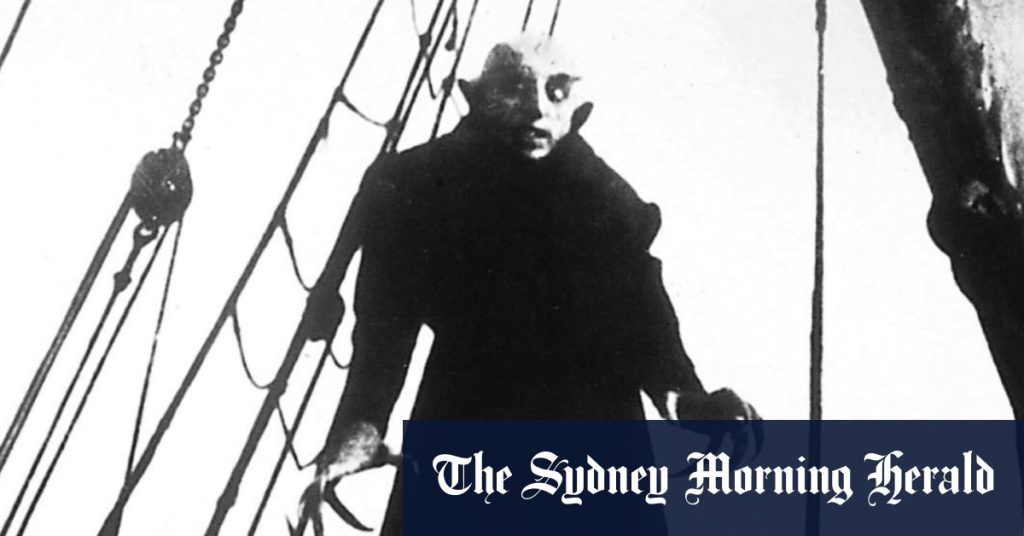At nearly 70 years old, the author of the piece decided to attend their first horror movie, the 1922 silent film Nosferatu, due to the fact that their brother-in-law, a gifted jazz pianist, was composing and playing the soundtrack. To their surprise, the outdated film was not as terrifying as expected, with the audience even laughing at the supposed scary moments. However, their experience at a recent opera, Breaking the Waves, left them truly horrified. The musical adaptation of a 1990s film by Lars von Trier explored themes of degradation, expulsion from the church, and ultimately rape and murder, leaving the author deeply affected by the powerful performance.
Despite acknowledging that horror can be enjoyed as a form of entertainment, the author expresses concerns about the impact of such content on the mind. They highlight the potential for images from horror films to cause trauma and linger in one’s memory, potentially leading to harmful effects. The author also references a recent report on a surge in choking during sex inspired by pornography, illustrating the real-world consequences of consuming certain forms of media. In a society where actual horrors exist, the author questions the necessity of seeking out additional sources of fear and distress for entertainment.
Referencing a Biblical passage from the letter to the Christians at Philippi by the Apostle Paul, the author emphasizes the importance of focusing on positive, uplifting, and noble things. They suggest that dwelling on such thoughts can have psychological and spiritual benefits, aligning with the idea of attentive reflection and meditation on positive aspects of life. Paul’s advice to think about things that are true, pure, lovely, admirable, excellent, and praiseworthy is seen as relevant and wise in the context of the author’s reflections on horror as entertainment.
The author highlights the contrast between the horrors depicted in entertainment such as horror movies and the real-world challenges and tragedies faced by individuals and communities. They draw attention to ongoing global issues such as conflict in Gaza and Ukraine, homelessness, and abuse in Melbourne, suggesting that the consumption of horror as a form of entertainment may be a luxury in societies where real horrors remain largely unaddressed. The author’s perspective on the impact of horror content on individuals’ mental and emotional well-being is informed by their awareness of the broader context of suffering and injustice in the world.
Through their exploration of their own discomfort with horror movies and the profound impact of the opera Breaking the Waves, the author invites readers to consider the implications of consuming entertainment that focuses on fear, violence, and suffering. They encourage reflection on the consequences of exposing oneself to such content and offer Paul’s advice as a guiding principle for directing one’s thoughts towards positivity and upliftment. By highlighting the potential risks and benefits of engaging with horror as entertainment, the author prompts readers to consider the moral and ethical dimensions of their media consumption choices.













